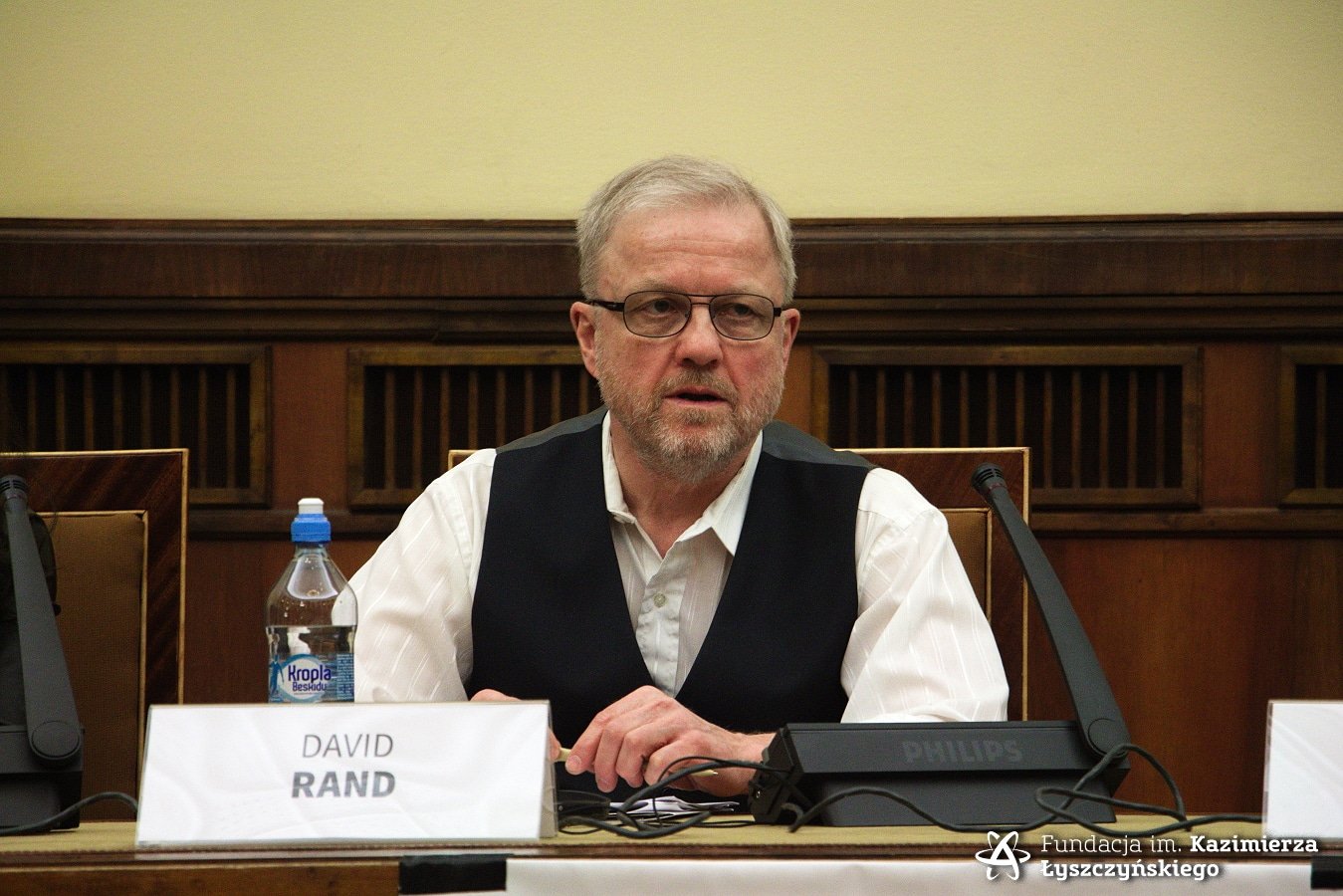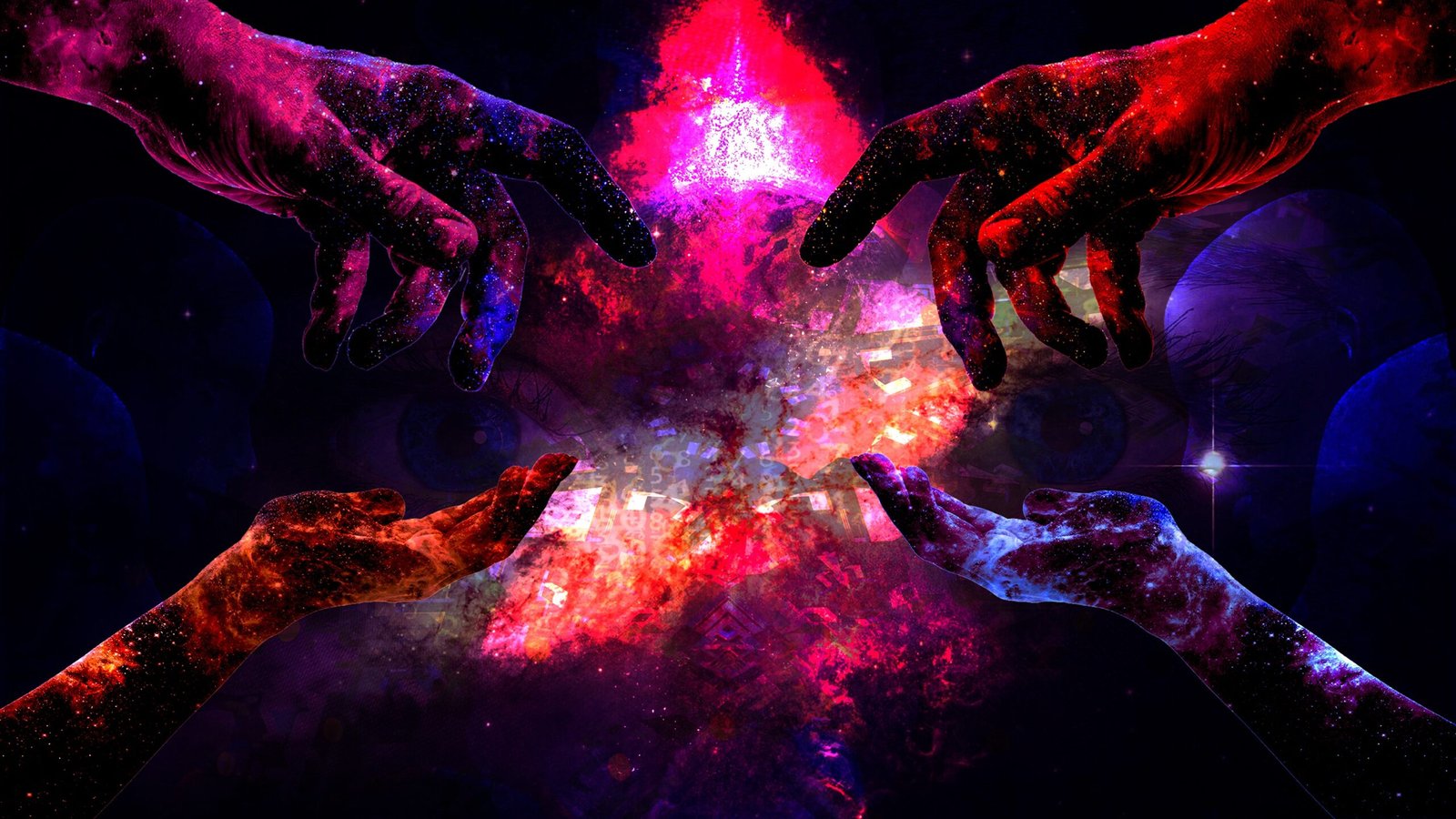David Rand is the president of Atheist Freethinkers. He participates in a Board of Directors and several affiliate coalitions including Rassemblement pour la laïcité (Quebec), Atheist Alliance International (AAI) and International Association of Freethought (IAFT). Here is his story. Edited for clarity.
Scott Douglas Jacobsen: To begin, do you come from an atheist family?
David Rand: No, I grew up in a devout Christian environment. There was a certain liberal aspect to my parents’ religiosity, but they participated religiously (pun intended!) in their church and donated regularly to it and to other religious organisations (for example the Bible Society). My mother’s side of the family was also staunchly monarchist. I rejected Christianity in my early teenage years. In my early twenties I realised that I was an atheist and had been for many years. I also realised that I was against the monarchy, although that issue was less significant.
Jacobsen: What sort of work were you engaged with prior to your involvement in professional atheism? Did it help with your current work?
Rand: Well, I would not call what I do “professional atheism!” I don’t get paid for it and never did (and surely never will). But I do engage fully in movements to criticise religious obscurantism and to fight against its influence in society, especially its political influence. In the 1970s and 1980s I was very active in the gay rights movement, first in Vancouver and then in Montreal. That was where I learned about political activism. There was, in fact, a clear link between my gay activism and my atheist activism: in the 1990s I was very concerned about the founding of various gay Christian churches and groups. Talk about an oxymoron: “gay Christian!” So I wrote an article about the dangers of embracing the ideology of one’s oppressor, and it was published in the American magazine Free Inquiry. Thereafter, I started an atheist web site (now located at www.davidrand.ca), and that was the beginning of my work for atheism and secularism. Subsequently, I was involved in various organisations, in particular several years on the board of a Quebec secular organisation. Then in 2010-2011 I helped found Atheist Freethinkers.
Jacobsen: Now you’re the president of the Atheist Freethinkers. What tasks and responsibilities come with this position?
Rand: It involves managing, in collaboration with our Board of Directors, our internet presence (two web sites, discussion groups for members, Facebook pages and groups, Twitter, etc.) and organising our monthly meetings. My responsibilities involve a lot of reading and writing – blogs, speeches, press releases, position papers, etc. Most of what we do is bilingual, French and English. Atheist Freethinkers is affiliated with several coalitions including Rassemblement pour la laïcité (here in Quebec), Atheist Alliance International (AAI) and International Association of Freethought (IAFT). I am also a spokesperson for the IAFT. I occasionally travel to speak at various events: for example, in March/April of 2017 I spoke at Days of Atheism in Warsaw and in September I will be speaking at an IAFT congress in Paris.
Jacobsen: What are the perennial threats to atheists? Who have been unexpected allies?
Rand: Undoubtedly the greatest threat for atheists is politicised religion, when religion obtains political power. This is most obvious when that power is exercised by Islamists, who promote a medieval theocratic totalitarianism. However political Christianity remains very dangerous, for example in sub-Saharan Africa, the United States and Poland. The current pope is a silver-tongued obscurantist. I recently stumbled upon a caricature comparing him with a pile of excrement sprinkled with brightly-coloured sugary confection. I think that image expresses very well what the Vatican is all about.
I must also point out that one of the greatest threats to secularism (and hence indirectly threatening atheists) in the current political climate is the so-called “regressive left” (I am not satisfied with that term, but have yet to find a better one) which is ferociously anti-secular – so much so that regressive “leftists” tend to demonise secularism by falsely associating it with racism and xenophobia.
As for unexpected allies (although this is not completely unexpected) persecuted religious minorities are potential allies. A year and a half ago I spoke at an interfaith event organised by Ahmadiyya Muslims. The theme of my talk was the complete vacuity of religious morality or “divine command theory” as it is called formally. Of course the Ahmadiyya (who are sometimes horribly persecuted by Islamists) have a completely different worldview from ours at AFT, but they welcomed our participation in a very friendly manner and did nothing to prevent us from expressing our point of view. On the other hand, I would question their support for secularism.
As a Montrealer, I must also mention that there is strong support for secularism among Quebec nationalists and so they are, or should be, allies of atheists. However, the demonisation of Quebec nationalism (mainly by Canadian nationalists) is a serious impediment to that alliance.
Jacobsen: Your blog covers a variety of topics: atheism, LGBT, women, Islam and Islamism, Canadian multiculturalism, and so on. What guides the selection of topics? Can people become involved with the blog? If so, how can they help out?
Rand: The selection of topics is guided by our basic concerns as atheists (as expressed for example in our Manifesto, www.atheology.ca/manifesto/), by current events (for example the niqab or Motion M-103) and by whatever the individual author would like to write about. Our members are encouraged to write for the AFT blog. I have written many blog entries, but so have other members of AFT or signers of our Manifesto. (I also have a personal blog at blog.davidrand.ca)
Jacobsen: What are some of the main educational initiatives, and social and political supports, provided by Atheist Freethinkers for the atheist community?
Rand: On the educational front, I would say that our greatest strength is our criticism of communitarianism (a.k.a. multiculturalism) and its extremely deleterious effect on any movement towards secularisation. Being based in Montreal, we are acutely aware of this dynamic. The infamous “two solitudes” must be taken into account in order to understand the fight for secularism in Canada.
There are many in Canada outside Quebec who would call themselves secularists but whom I would call pseudo-secularists. If you do not question communitarianism, if you instead promote so-called “open secularism,” if you fail to recognise the importance of republican secularism, then you are on the wrong side of the fence because you are facilitating religious privilege.
There are obvious measures we can all agree on, such as removing “supremacy of God” from the preamble to the 1982 Constitution, repealing the law against “Blasphemous Libel” and eliminating all financial exemptions and privileges for religious organisations. However, in my opinion, a complete and consistent secularisation of Canadian federal legislation would necessarily involve at least the following measures as well:
- Repeal of the religious exception in the Hate Propaganda legislation.
- Elimination of line 17(1)b) of the Citizenship Regulations.
- Repudiation of Motion M-103 and any other motion against so-called “Islamophobia.”
- Banning all religious accommodations (e.g. the Sikh head covering in the RMCP).
- Repeal, or at least substantial modification, of the Multiculturalism Act.
- Banning religious symbols in public services, including those worn by public servants while on duty (but not by citizens using those services).
- Banning face-coverings everywhere in public services (both employees and users).
Jacobsen: How can atheists better mobilise politically and socially in societal and communal life, and emotionally and intellectually in individual life?
Rand: A complex and very open-ended question. If atheists constitute a community, it is a very heterogeneous one, if a community at all. I remember an article from a couple of years ago where the author promoted the idea of atheists as an “ethnic group.” I am totally opposed to such an approach. We are not just another religious or ethnic group. We must not fall even further into the multiculturalist trap, increasingly essentialising people’s religious affiliation, dividing society up further into clienteles, even more easily manipulated by unscrupulous politicians. If we followed that route, then atheism would, paradoxically, become just another religious identity.
Rather, we must organise and unite on issues we share with other atheists: that is, an uncompromising criticism of religion, recognising that supernatural religious beliefs are utter nonsense, unworthy of our respect. Just as believers have a right to practice their religion, we non-believers have every right to live without having others’ beliefs shoved down our throats. But we must also ally with others who may not identify as atheists in order to promote secularism, which means that believers too would be protected from the religious excesses of their co-religionists and of those who follow other religions.
It would also help to stop being so timid about recognising what atheism and secularism have in common. They are different concepts, but they share one major aspect: both involve a refusal to accept divine authority. The atheist makes his or her moral decisions without reference to a god. Similarly, the secular state must base none of its laws or procedures on so-called divine command. That does not in any way prevent religious believers, as individuals, from participating fully.
Finally, I’m not sure what you mean by “emotionally,” but intellectually we must continue (and here is some good news) what atheists have already undertaken with enthusiasm: the analysis, criticism and deconstruction of religious beliefs, dogmas and practices in order to become stronger in our resistance to the ever-present and sometimes overwhelming religious propaganda that floods our society. But that criticism must not stop with Christianity. We must be just as critical of other religions such as Islam, Sikhism, Hinduism, etc., which are minority religions in Canada.
Jacobsen: What are the upcoming initiatives for Atheist Freethinkers? What are the new battlegrounds, and the most controversial ones? How can they be tackled and eventually won?
Rand: Our priorities are; I think:
- continuing and deepening our criticism of communitarianism.
- rejecting modern forms of old restrictions on freedom of expression such as so-called “Islamophobia” which is the new recycled blasphemy.
Both are controversial, especially the first, at least in Canada. The initiatives would involve:
- Educational work to explain to atheists (and to the general public) the importance of the above priorities, and
- On the federal level, working for the legislative changes that I listed in a previous answer, starting with repeal of the religious exception in the Hate Propaganda law.
- On the provincial (Quebec) level, working for numbers 6 and 7 of the legislative changes listed above, i.e. banning religious symbols and face-coverings in the public service, and eliminating the religious component of Quebec’s Ethics and Religious Culture programme, which imposes compulsory religious instruction on children throughout elementary and secondary school.
And, as always, the money aspect must not be neglected: opposing all financial privileges enjoyed by churches and other religious organisations.
Jacobsen: People can look at the Atheist Manifesto and sign it, and can become members of Atheist Freethinkers, and even can donate. How else can people become involved with Atheist Freethinkers?
Rand: They can:
- attend our monthly meet-ups (www.meetup.com/lpa-aft/). For the time being they are held only in Montreal, but we would like to offer them in other centres.
- join our Facebook group (www.facebook.com/groups/librespenseursathees/).
- subscribe to our Twitter feed (twitter.com/lpaaft or twitter.com/aftlpa)
- consult one of our web sites (www.atheology.ca or www.atheologie.ca)
- consult one of our Facebook pages (www.facebook.com/atheology.ca or www.facebook.com/lpa.aft)
Jacobsen: Any feelings or thoughts in conclusion about the conversation today?
Rand: The immediate future looks bleak. Religions are enjoying a comeback, thanks, in part at least, to the so-called regressive left. We must persevere. We also need to analyse the role of neo-liberalism in this sorry situation.
But in the longer term I am more optimistic. I think the current outbreak of religious fanaticism is part of the death throes of religion. The treachery of religious institutions and the utter vacuity of the extravagant nonsense they promote are becoming increasingly obvious to more and more people. Religious believers, including Muslims, are abandoning their faith, sometimes quietly (because they fear reprisals) and sometimes more openly. But sooner or later, that house of cards must crumble.
Jacobsen: Thank you for your time, David.








"The atheist makes his or her moral decisions without reference to a god." No doubt the Atheist leaders of the Unitarian Universalist Association, i.e. recently resigned UUA President Rev. Dr. Peter "Beyond Belief" Morales and less recently "retired" UUA Executive *Vice* President Kathleen "Kay" Montgomery, who made the questionably moral decision to falsely accuse Yours Truly of violating Canada's blasphemy law in UUA clergy sex abuse cover-up legal bullying that sought to conceal "such despicable crimes as pedophilia and rape" most certainly committed by "certain Unitarian Universalist ministers" did so without any reference to a god, to say nothing of without any reference to the following Biblical commandment which does not require any god to validate it. . . Thou shalt NOT bear false witness against thy neighbor. The hubris. The hubris. . .